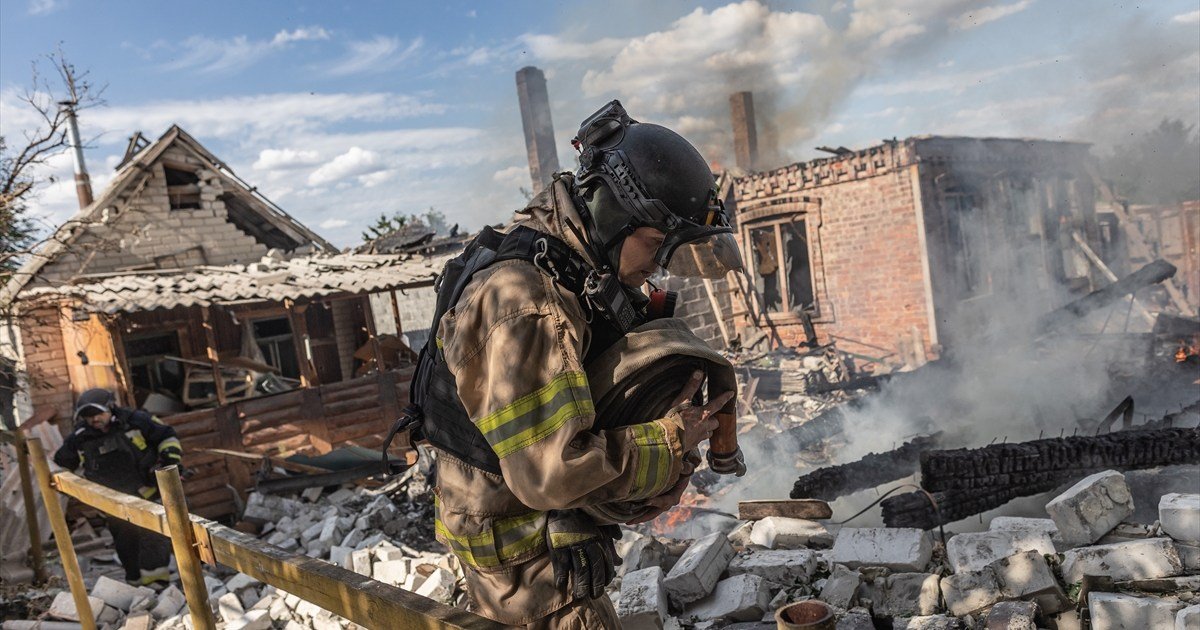No matter how smart our furry friends may be, they likely cannot read the air quality alerts that have impacted Minnesota this summer.
So, while you are checking the latest updates on Canadian wildfire smoke, your dogs and cats might be wondering, “Why does this summer smell like a campfire gone rogue?” It turns out they are feeling the effects of wildfire smoke just like the rest of us.
“The risks for animals are similar to those that we're seeing in people,” said Dr. Kate Farmer, a veterinarian at the Animal Humane Society.
Smoke contains microscopic particles known as PM 2.5. These tiny droplets are small enough to wiggle into the lungs of both humans and animals and enter the bloodstream. Studies have linked particulate matter in wildfire smoke to a greater risk of strokes, heart disease, respiratory issues, lung cancer, and other health conditions in humans.
Polluted air and smoke can adversely affect animals’ eyes and respiratory systems, too, which is especially concerning for those with pre-existing conditions, Farmer said.

Breeds with flat faces, such as bulldogs or pugs, as well as older and younger dogs, or those with heart disease, asthma, or any underlying health problems affecting the heart and lungs, are particularly vulnerable to the effects of particulate matter.
“What you are going to see with too much particulate exposure is wheezing, coughing, watery eyes and a watery nose,” Farmer said. “Sometimes we will even see dogs lose their appetite.”
Farmer recommends limiting outdoor activities and bathroom breaks for dogs and cats to no more than 10 minutes when the air quality is poor and the Air Quality Index levels exceed 100. Additionally, strenuous exercise, like running with a dog, should be avoided. Early morning walks are preferable, as particulate levels are typically lowest at that time.
There are several ways to keep your pet entertained indoors. For example, Farmer suggests using interactive toys, puzzle feeders or giving them long-lasting treats, such as a frozen Kong stuffed with wet food or peanut butter. Additionally, training sessions can help alleviate boredom and allow pets to expend excess energy.
Horses, livestock and wildlife also face similar risks from wildfire smoke. The Environmental Protection Agency offers recommendations for protecting large animals from smoke, including ensuring easy access to plenty of fresh water near feeding areas, minimizing their exposure to dust and allowing four to six weeks for animals to recover once air quality improves.
If a pet appears uncomfortable, is wheezing, disoriented, gagging or having difficulty breathing after being outside, or if their respiratory rate is elevated, it is important to contact your veterinarian or seek emergency veterinary care immediately. Respiratory conditions can escalate quickly.
“If I am uncomfortable in the smoke, I assume they are, too,” Farmer said.




